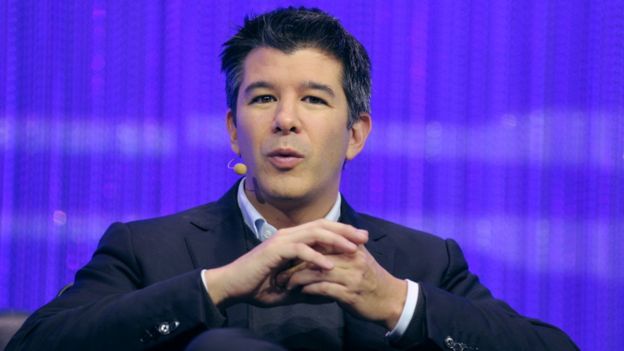gamers

Angeles is the biggest event in the games calendar, the place to see where the industry is heading. Back in 2005, when I first attended, Sony unveiled the PlayStation 3 and Microsoft showed off its Xbox 360, setting the scene for a titanic battle between the two giants – although Nintendo’s Wii turned out to be a more engaging and disruptive force in the console wars than anyone had expected.
In recent years, amid all the excitement about mobile and social gaming, we have heard plenty of predictions that the days of the console are numbered. But somebody failed to tell Microsoft which this week unveiled the Xbox One X, a high spec and high priced slimline machine that offers 4K high definition gaming.
What was missing from the unveiling event was any mention of virtual reality, the technology that has promised to transform gaming. Dave Lee asked Xbox’s Phil Spencer about that omission and got a fairly non-committal answer which suggested Microsoft saw VR as something tied to a computer rather than a games console.
Perhaps the company has concluded that the hardcore gamers who will be the customers for the Xbox One X are quite conservative about new technology.
After all, they showed little interest in the Kinect motion sensor which was once touted as the future of gaming.
Poisonous culture
Throughout the short life of the taxi app business Uber, its founder has seemed to revel in conflict. Travis Kalanick seemed to take Silicon Valley’s mantra of disruption all too literally – he intended to shake up the transport industry, and if that meant disrupting regulations, unions and the labour laws along the way, well so be it.
But now the effect of that culture on his own staff – and in particular female employees – has come home to roost. After a series of scandals – and a report for investors detailing a misogynistic and unprofessional culture – the CEO has agreed to take an indefinite leave of absence.
Adam Lashinsky wrote a book called Wild Ride about what he called Uber’s quest for world domination. He tells us that the problems inside the business seems deeper and more systemic than anyone had thought. He says Uber is “a juvenile company that, if it is going to succeed, needs to become a more mature company”.
Having received almost $9bn in backing from venture capital funds, you might think that Uber had enough money to ignore any criticism. But Lashinsky warns that if those investors turn against the firm and sue to get their money back, there is an existential threat to Uber.
Hi! I am a robot. I just upvoted you! I found similar content that readers might be interested in:
http://www.bbc.com/news/technology-40301570